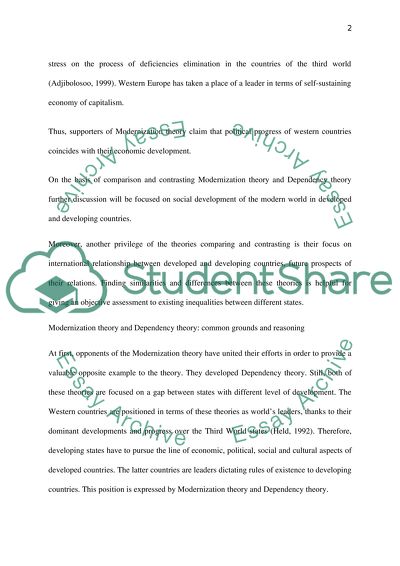Cite this document
(“Global Inequality and Development. Theories of Social Development: Essay”, n.d.)
Retrieved de https://studentshare.org/history/1430373-global-inequality-and-development-theories-of-social-development-dependency-theory
Retrieved de https://studentshare.org/history/1430373-global-inequality-and-development-theories-of-social-development-dependency-theory
(Global Inequality and Development. Theories of Social Development: Essay)
https://studentshare.org/history/1430373-global-inequality-and-development-theories-of-social-development-dependency-theory.
https://studentshare.org/history/1430373-global-inequality-and-development-theories-of-social-development-dependency-theory.
“Global Inequality and Development. Theories of Social Development: Essay”, n.d. https://studentshare.org/history/1430373-global-inequality-and-development-theories-of-social-development-dependency-theory.


